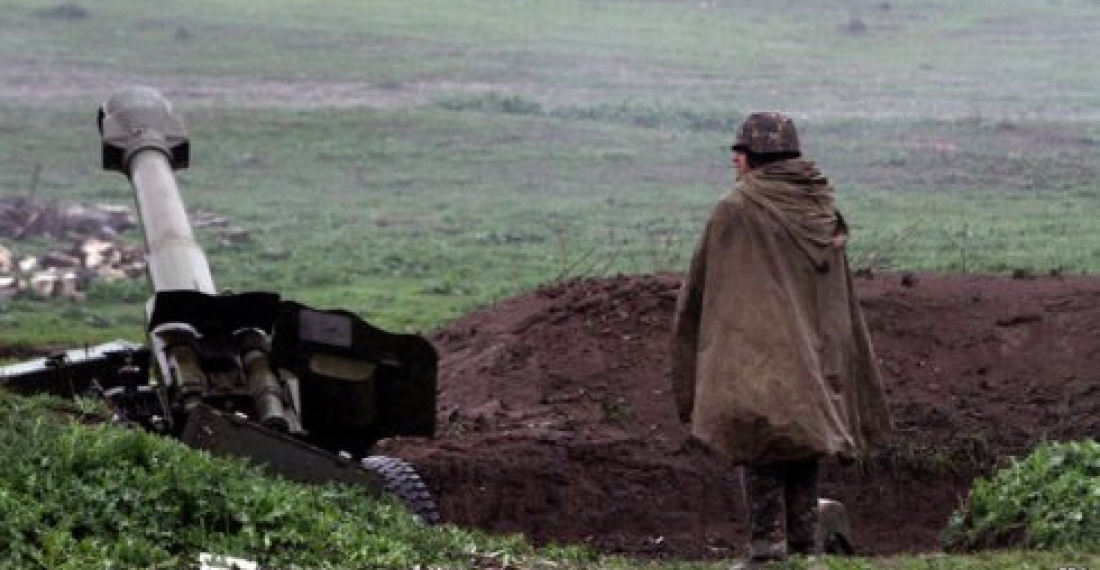Армения и Азербайджан сообщили о столкновениях между их вооруженными силами за последние двадцать четыре часа.
Азербайджан сообщил о гибели одного из его пограничников во время отражения армянского вторжения. Инцидент произошел возле села Газах. Мертвого солдата звали Ибрагим Аламшах Валиев. Азербайджанская сторона также заявила об убийстве одного армянского солдата и ранении армянского офицера во время перестрелки.
Между тем Армения сообщила о том, что, как представляется, произошел другой инцидент, произошедший в воскресенье (23 февраля), в ходе которого, по ее словам, один из ее солдат получил легкие ранения.
Commonspace.eu сообщает о военных инцидентах, связанных с армяно-азербайджанским конфликтом, на основе вторичных источников и не может подтвердить или опровергнуть достоверность сообщений.
источник: commonspace.eu







